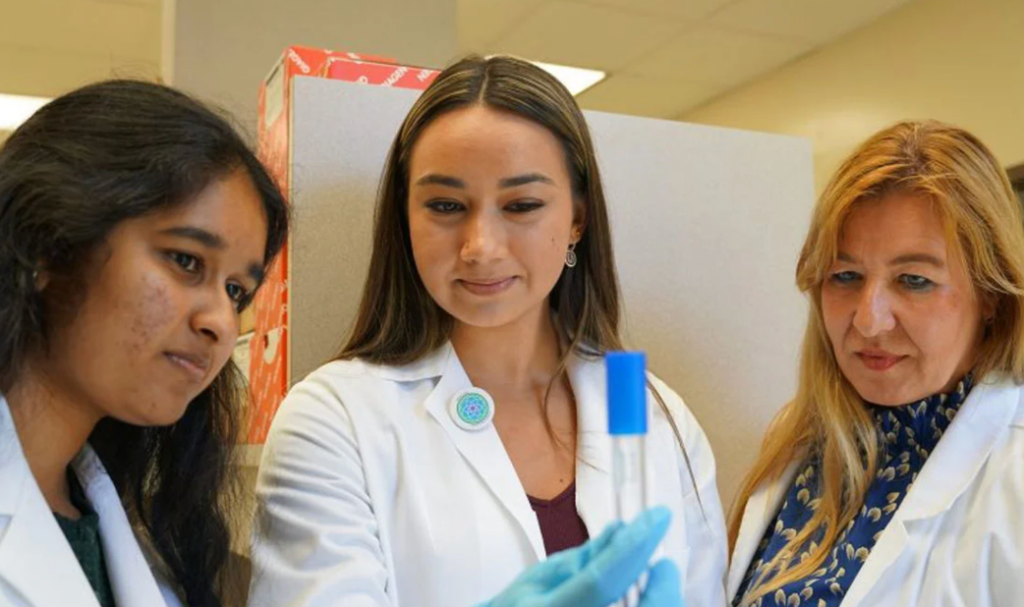A recent study linking vaping to liver disease has been retracted due to concerns over its methodology and statistical analysis. This adds to a growing body of evidence that many influential vaping studies contain fatal flaws, yet pass peer review undetected.
Retracted Study on Vaping and Liver Disease
The retracted cross-sectional study claimed even infrequent vaping increased liver disease odds. But its retrospective design could not reliably determine causation. The authors failed to address methodology concerns raised by the journal’s editor.
This follows earlier retractions of flawed studies inaccurately portraying vaping risks. Despite poor quality, these papers get published in reputable journals and widely cited.
Frequent Flaws in Vaping Research
In a commentary, experts Riccardo Polosa and Konstantinos Farsalinos outlined common deficiencies in vaping studies:
- Lacking timelines to establish sequence of events
- Drawing causal inferences without longitudinal data
- Poorly identifying main outcome measures
- Failing to control confounding factors
- Unfounded conclusions that overstate findings
They explain cross-sectional surveys cannot determine causality without timing details. Yet conclusions still suggest vaping causes diseases without proof.
Review of Most Cited Vaping Studies
A systematic review found near universal flaws in the 24 top-cited vaping studies:
- Absent or vague hypothesis statements
- Methods unmatched to research questions
- Poorly defined main outcome measures
- No control of confounders
- Asserting causation without supporting data
Per the authors, these deficiencies were most problematic in studies claiming vaping leads to smoking based on cross-sectional data. The conclusions significantly overstepped the capabilities of the research approaches used.
Need for Rigorous Peer Review
Too often, vaping studies make bold causal claims unsupported by the methodology. Yet they pass peer review and get published in prestigious journals.
Editors and reviewers must be more discerning regarding research limitations. Cautions on overstating conclusions should be enforced.
Studies with design flaws that preclude causal assessments should not imply public health crises without longitudinal data.
Research Best Practices
To improve vaping science, studies must:
- Clearly state hypotheses and align methods accordingly
- Use cohorts with temporal data to determine sequences
- Control for confounding factors appropriately
- Avoid inferring causation from cross-sectional associations
- Ground conclusions strictly in the data obtained
Following rigorous standards will prevent misleading assertions that overstate findings and distort vaping risks.
Conclusion
In summary, numerous high-profile vaping studies have been retracted after the fact due to fatal flaws. Far more pass through peer review undetected despite unsupported conclusions. Improving research practices and peer review vigilance is critical to ensure accurate public health guidance.
- UK Announces Mandatory Vape Tax and Duty Stamps from 2027 - February 10, 2026
- Sri Lanka Travel 2026: Total Ban on Cigarettes & Vapes - February 5, 2026
- NY Tax Proposal: Hochul Targets ZYN with 75% Levy - January 29, 2026


